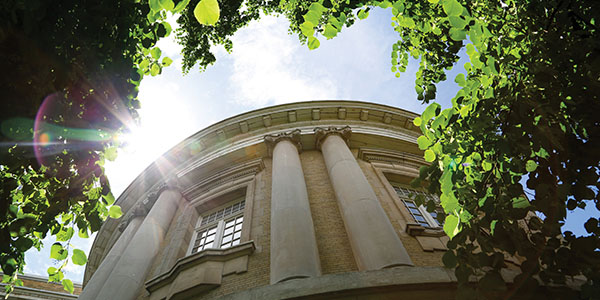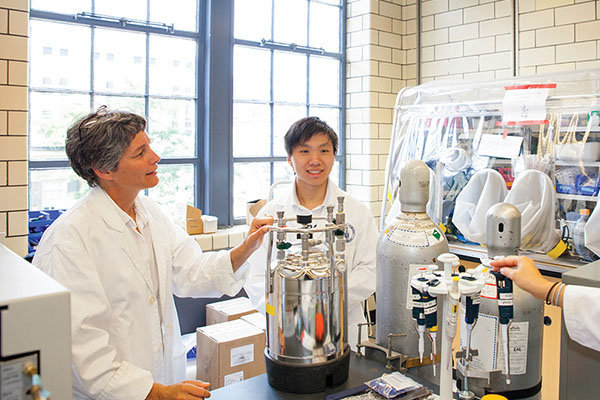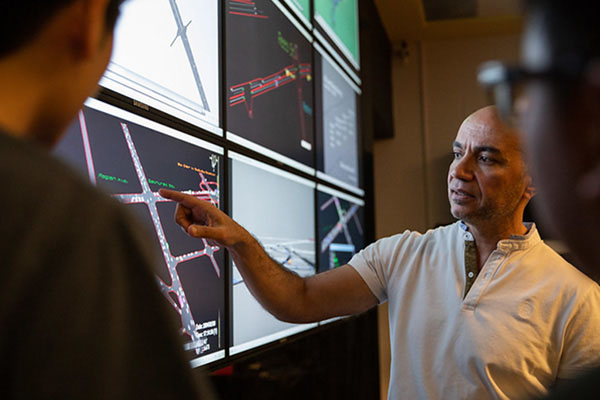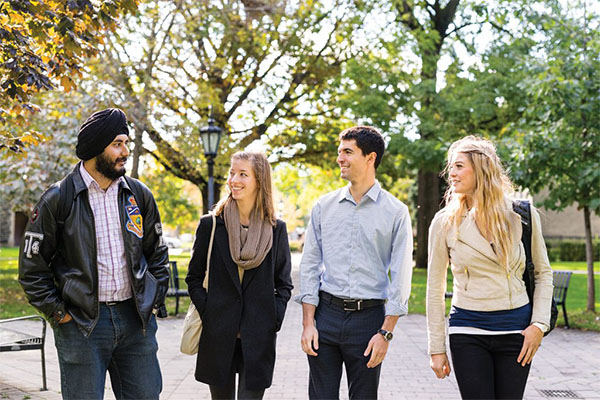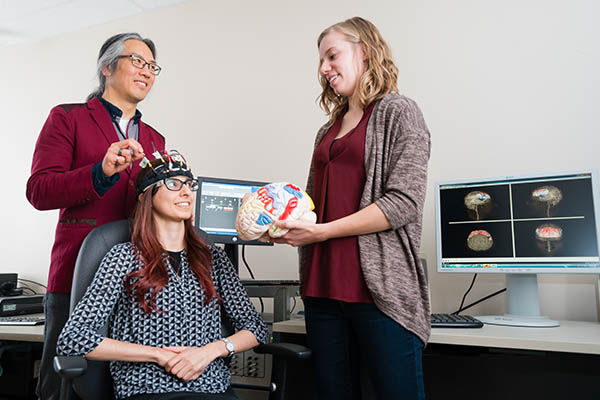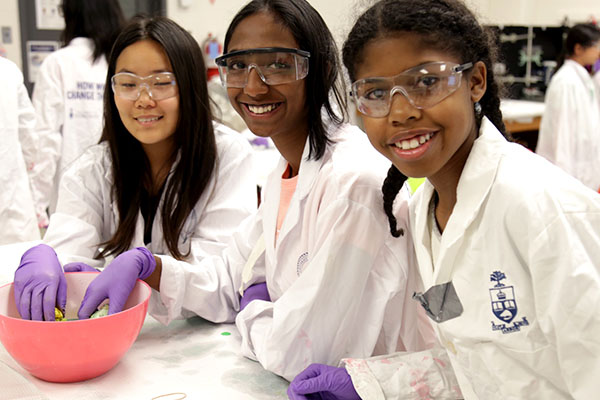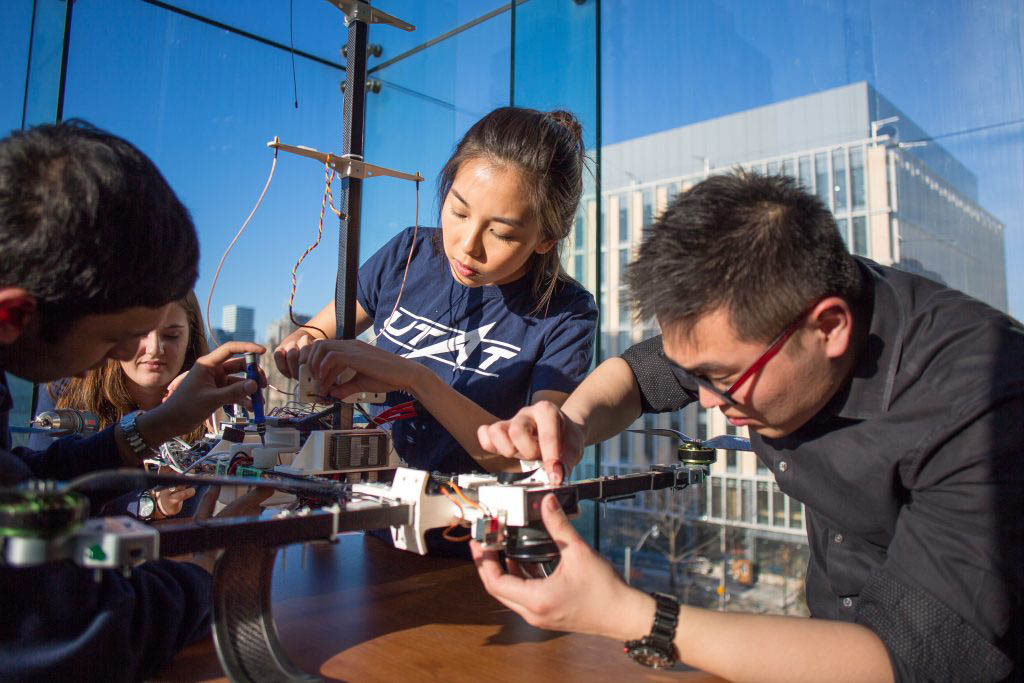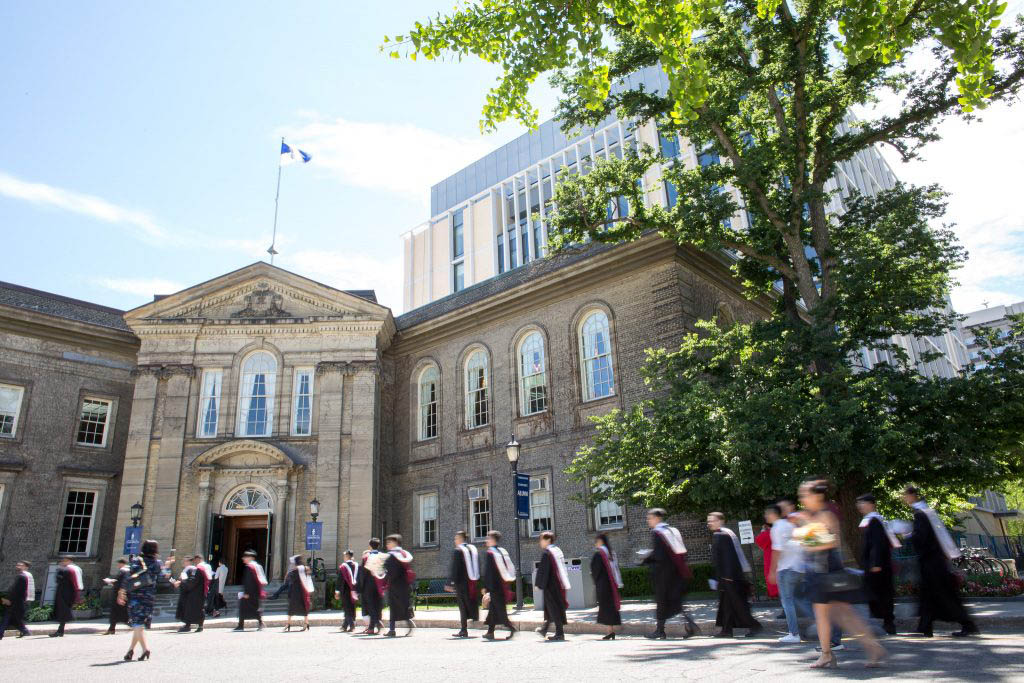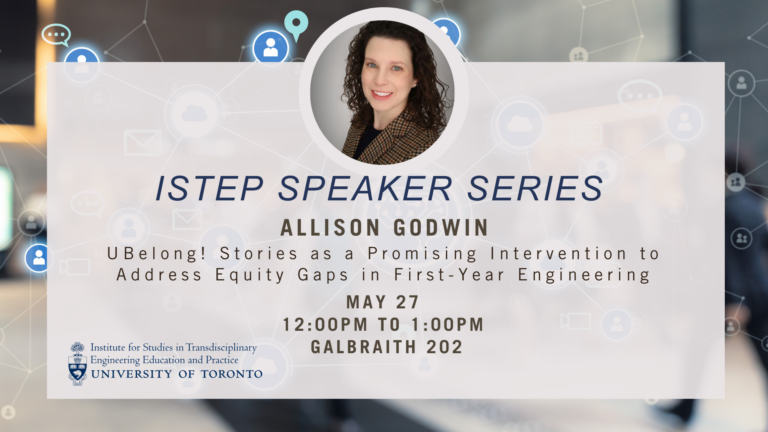UBelong! Stories as a Promising Intervention to Address Equity Gaps in First-Year Engineering
Abstract
This talk describes an ongoing multi-institutional project focused on developing and implementing an ecological belonging intervention in engineering using stories developed through focus groups with students who previously took a first-year engineering programming course. The ecological belonging intervention is a one-time 45-minute intervention delivered in class that conveys the message that typical struggle is normal and surmountable. We hypothesize that these stories undermine stereotype threat and promote social belonging. This presentation will discuss the emerging results of quasi-experimental implementation and longitudinal interviews. Our data indicates that the intervention has significant impacts on student belonging, equity gaps in the course, and retention from survey and institutional data. Finally, we will discuss the emerging results of qualitative research with the faculty delivering the intervention that indicate this intervention also shapes positive experiences for faculty.
Speaker Biography
Allison Godwin, Ph.D. is the Dr. G. Stephen Irwin ‘67, ‘68 Professor of Engineering Education Research in the Robert Frederick Smith School of Chemical and Biomolecular Engineering at Cornell University. Her research focuses on how identity, among other affective factors, influences diverse students to choose engineering and persist in engineering. She also studies how different experiences within the practice and culture of engineering foster or hinder belonging and identity development. Dr. Godwin graduated from Clemson University with a B.S. in Chemical Engineering and Ph.D. in Engineering and Science Education. Her research earned her a 2016 National Science Foundation CAREER Award focused on characterizing latent diversity, which includes diverse attitudes, mindsets, and approaches to learning to understand engineering students’ identity development. She has won several awards for her research including the 2021 Journal of Civil Engineering Education Best Technical Paper, the 2021 Chemical Engineering Education William H. Corcoran Award, the 2022 American Educational Research Association Education in the Professions (Division I) 2021-2022 Outstanding Research Publication Award, and the 2023 American Institute of Chemical Engineers Award for Excellence in Engineering Education Research.



